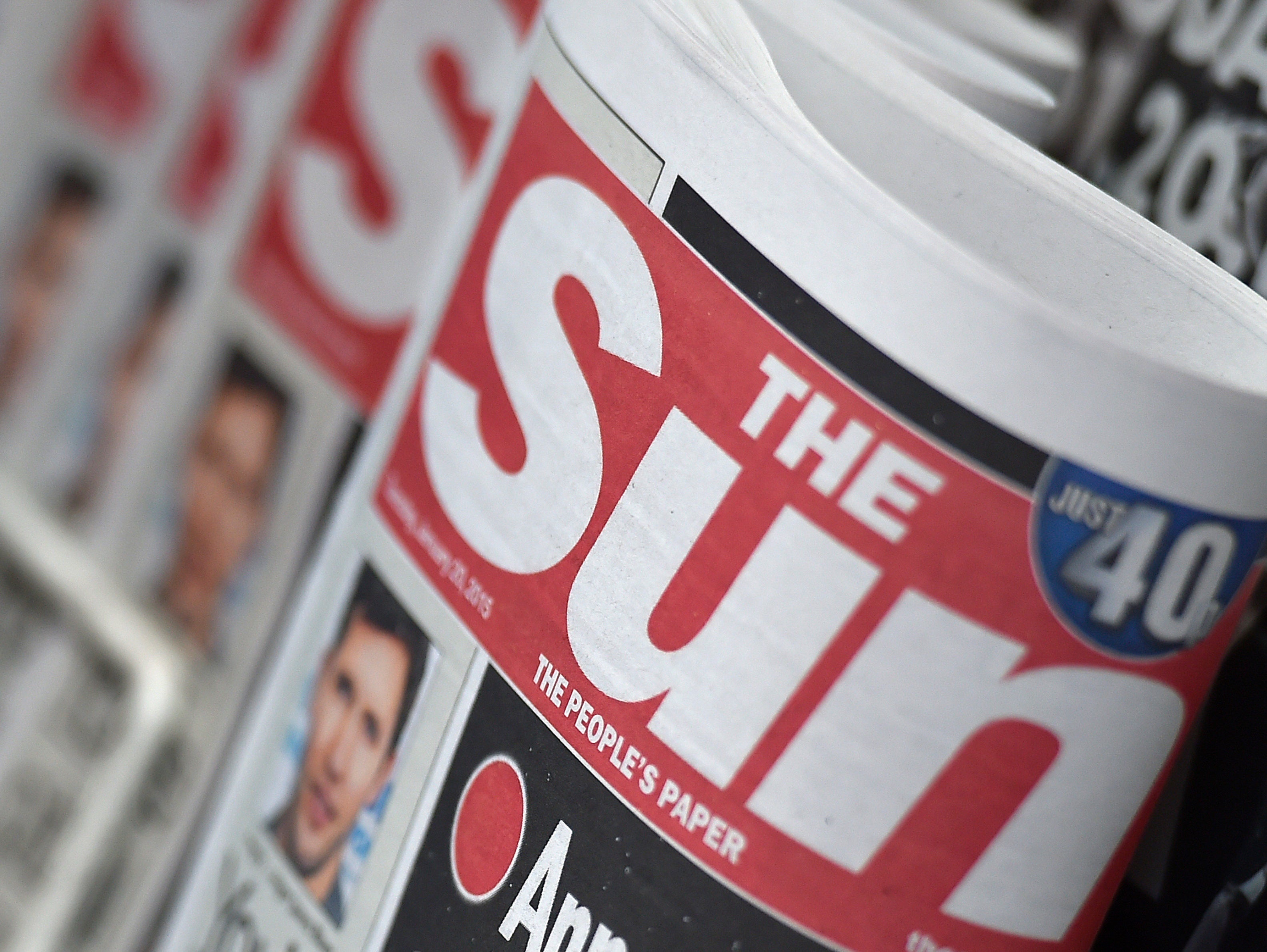
Former Sun editor David Yelland has said holding the biggest job in tabloid journalism was “a great job to have done”, but “not a great job to be doing”.
Yelland, who edited the paper from 1998 to 2003, said he was “never really a tabloid person” despite overseeing circulation figures well in excess of 3m and store returns of 5 per cent.
Starting off in local papers and working his way to business editor at the Sun under Kelvin MacKenzie, Yelland was 35 and deputy editor of the New York Post when he was appointed editor of the Sun.
Speaking about the appointment on the Media Matters podcast, he said of the role: “I had no idea how to run, how to manage people. This happens repeatedly in newspapers.
“People get given big jobs at very young ages and have no idea how to manage people, sit with them and nurture them. I just saw everything as a threat.”
Yelland said his political beliefs were regularly at odds with “the party line” of Rupert Murdoch’s right-wing Sun.
“Murdoch and the others who appointed me were a bit perplexed,” he said.
“Some weeks I’d go along the party line, such as I thought it was, and then other weeks I’d go along with the David Yelland line. Sometimes I’d do one on the Monday and one on the Tuesday until I matured on the job.”
Stuart Higgins, who Yelland succeeded as editor, told him that the best way to edit the Sun was to “edit the paper like you expect to be fired every night”, Yelland recalled.
He said: “You’ve got to be on the edge, pushing it so far that you’re likely to be fired. Do it every day and year after year the paper will flourish.”
Contrary to his reputation, Yelland said Murdoch gave him an “amazing amount” of autonomy. He said: “The thing about working for him is that everybody that hasn’t worked for him has a view of it.
“The reality is that he does not interfere on a daily basis. Sometimes he takes a massive amount of interest in you and the paper, most of the times his attention is elsewhere.
“An editor who worked for him a lot longer than me once said to me when I was editor that working for Rupert Murdoch is like a lighthouse: the light goes around and when it shines on you, you have absolutely got to be on top form, but most of the time it’s not shining on you.”
The Sun, for Yelland, was “full of stuff I didn’t have much of an interest in or didn’t know anything about”.
He added: “I was right when I said to myself in that job that I will be judged for the rest of my life for what I’m doing now. I was not a great tabloid editor.”
But, he said: “You know what, I’m glad. To be a great tabloid editor, you have to have no friends: everyone has to hate you.
“Piers Morgan, Paul Dacre, Kelvin MacKenzie… a whole load of people, who in polite society cannot exist. Even now, a long time since I left the tabloid business, there are certain people that won’t talk to me.”
After leaving the Sun, Yelland moved into PR.
He became vice chairman of Weber Shandwick in 2004, joined Brunswick as an advisor in 2006 and then formed communications advisory firm Kitchen Table Partners in 2015.
Yelland says he finds the PR business “more interesting and satisfying that the actual media ever was”, and that he is “very happy doing what I’m doing”.
Picture: Reuters/Toby Melville
Email pged@pressgazette.co.uk to point out mistakes, provide story tips or send in a letter for publication on our "Letters Page" blog
